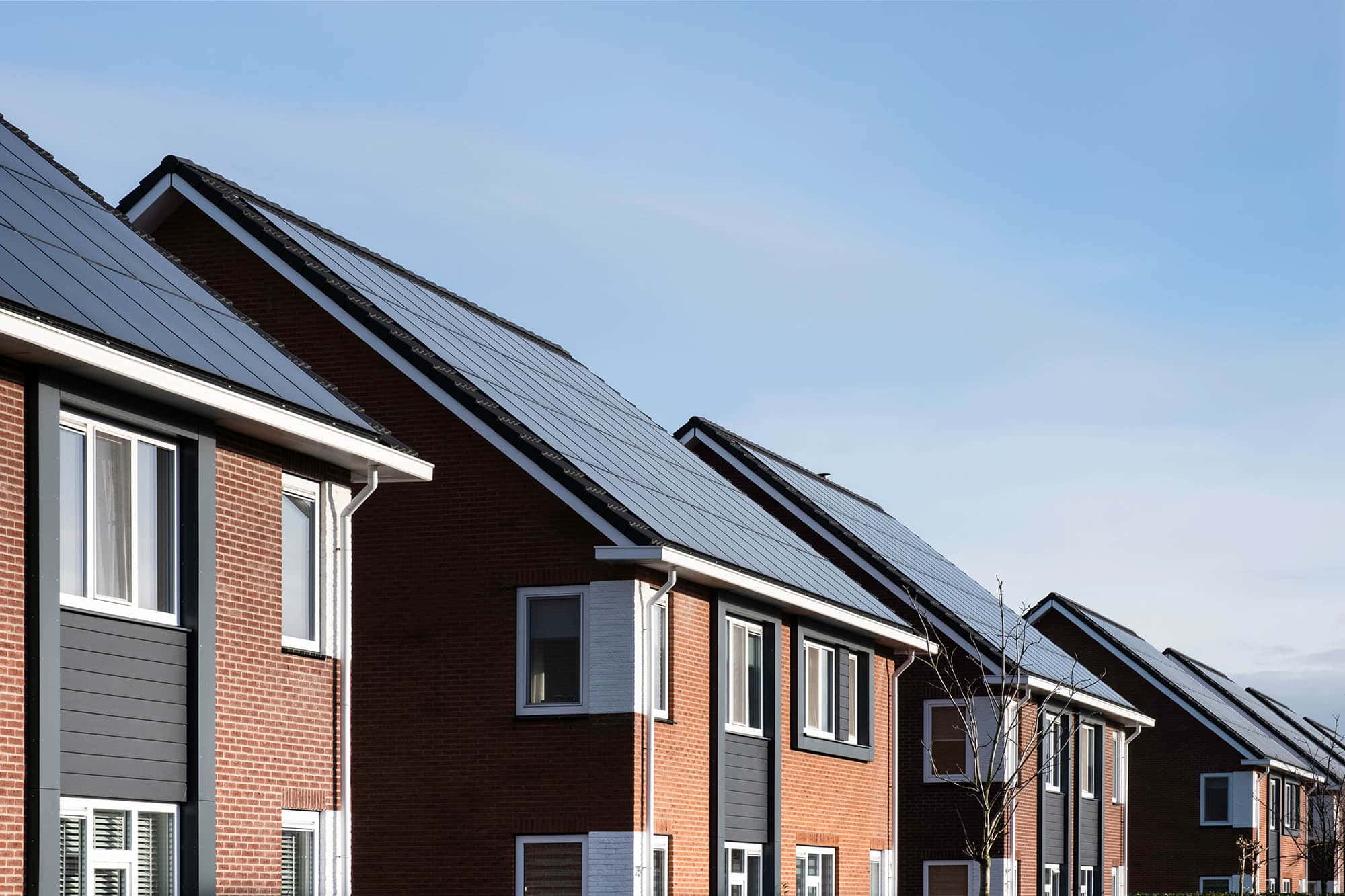The United Kingdom’s transition towards renewable energy sources has seen a significant surge in the adoption of photovoltaic (PV) panels. In this comprehensive guide, we delve into the significance, growth, benefits, and prospects of PV panels in the UK, showcasing their pivotal role in shaping the nation’s renewable energy landscape.
The Rise of PV Panels in the UK
The UK’s commitment to clean energy has fostered remarkable growth in the PV panel sector. Solar installations, particularly rooftop solar systems, have flourished across the country, encouraged by supportive government policies, technological advancements, and decreasing costs of solar technology.
Importance of PV Panels in the UK Energy Mix
- Renewable Energy Generation:
PV panels harness sunlight, a renewable resource abundant even in the UK’s climate, contributing to the reduction of carbon emissions and promoting sustainability.
- Decreasing Dependency on Fossil Fuels:
The adoption of PV panels aligns with the UK’s efforts to transition away from fossil fuels, diversifying the energy mix and enhancing energy security.
- Supportive Government Policies:
Government incentives, such as the Feed-in Tariff (FiT) and the Smart Export Guarantee (SEG), incentivize solar installations, encouraging homeowners and businesses to invest in PV panels.
Benefits of PV Panels in the UK Context
- Energy Cost Savings:
PV panels enable households and businesses to generate clean electricity, reducing reliance on grid-supplied power and lowering energy bills in the long term.
- Environmental Impact:
Solar power derived from PV panels mitigates greenhouse gas emissions, contributing significantly to the UK’s commitment to achieving net-zero carbon emissions.
- Energy Independence:
By generating their own electricity, users of PV panels gain energy independence, ensuring a stable power supply, particularly during grid outages or peak demand periods.
Challenges and Considerations
- Weather Variability:
Despite the UK’s reputation for cloudy weather, PV panels are efficient even under diffused sunlight, generating substantial electricity throughout the year.
- Grid Integration and Storage:
Efficient storage solutions and grid integration mechanisms are essential to optimize solar energy usage and maintain grid stability, presenting challenges for wider solar adoption.
Future Outlook and Innovations
- Technological Advancements:
Ongoing research and development aim to enhance the efficiency and affordability of PV panels, making them more accessible and efficient in various weather conditions.
- Community Solar Initiatives:
Community-driven solar projects and shared ownership models continue to gain traction, fostering community engagement and making solar energy accessible to a broader audience.
Conclusion: Embracing Solar Power in the UK
The widespread adoption of PV panels across the UK signifies a significant stride towards sustainability, energy diversification, and environmental stewardship. As technology evolves and economies of scale improve, PV panels continue to play a pivotal role in the UK’s journey towards a cleaner, greener, and more sustainable energy future.
Embracing PV panels exemplifies the UK’s commitment to combating climate change, promoting energy independence, and fostering a robust renewable energy ecosystem. The ever-increasing adoption of solar power through PV panels illuminates a path towards a brighter, more sustainable future for the UK and its citizens.


